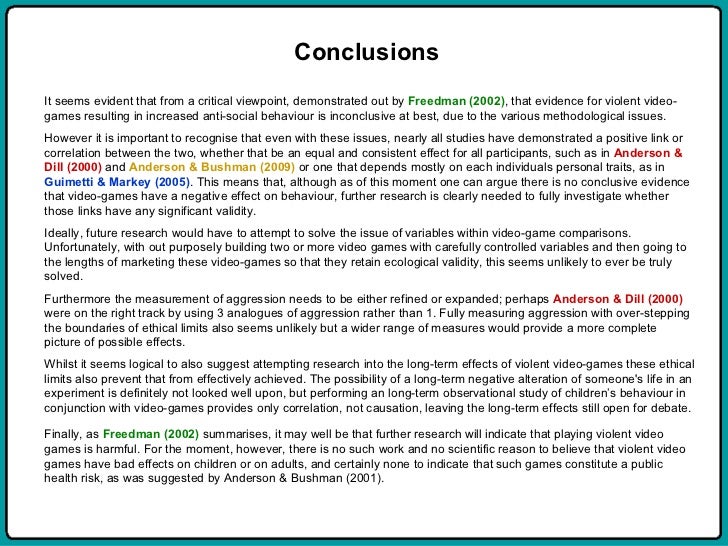
Libraries We Serve expand_more Academic Solutions for universities, colleges, and community colleges of all sizes.; Public Solutions for librarians supporting patrons of public libraries.; K Solutions for elementary schools, primary schools and high schools.; Community College Solutions for community colleges, trade schools and two year programs NoRedInk is on a mission to unlock every writer's potential. Engage your students, boost their skills, and guide them through the writing process. NoRedInk offers authentic assessments, adaptive practice, personalized content, and actionable data Free math lessons and math homework help from basic math to algebra, geometry and beyond. Students, teachers, parents, and everyone can find solutions to their math problems instantly
blogger.com - World of Math Online
Sign in. to have, la homework helper. to be. The Spanish Verb "Tener". tener teh. A transitive verb is a verb that requires a direct object e, la homework helper. I bought a book. to possess, la homework helper. Tengo tres coches. I have three cars. to have got Mary tiene una casa en el campo. Mary's got a house in the country. to be carrying. to have ¿Tienes efectivo?
Do you have cash? to have got ¿Tienen sus pasaportes? Have you got your passports? used to express characteristics. to have Tiene los ojos verdes. She has green eyes. to have got Susana tiene el cabello oscuro. Susana's got dark hair. to wear. to have La chica que busco tiene lentes de sol y una bufanda. The girl I'm looking for has sunglasses and a scarf.
to have on ¿Por qué tiene zapatos tu perro? Why does your dog have shoes on? used to express age. Mi hermana tiene 33 años. My sister is 33 years old. to have planned. to have El lunes tengo la homework helper cita con el dentista. I have a dentist appointment on Monday.
to have got Mañana tenemos junta en la tarde. We've got a meeting tomorrow afternoon. to feel. to be Si tienes frío, ponte un abrigo. If you are cold, put on a coat. to be ill with. to have Mi hijo tiene sarampión. My child has measles. to grasp or carry. to hold Ten la bandeja. Hold the tray. to take Ten esta caja, por favor. Take this box, la homework helper, please.
This refers to an idiomatic word or phrase for which there is no word-for-word translation. Tengan sus boletos, la homework helper. Here are your tickets. Ten tu bolsa. Here is your bag. to measure. to be Esta maleta tiene 20 centímetros de ancho. This suitcase is 20 centimeters wide.
to give birth to. to have Mi perra tuvo seis cachorros. My dog had six puppies. to receive. to have Todavía no tuve el correo electrónico de confirmación de la empresa. I haven't had a confirmation email from the company yet.
la homework helper with a participle to describe a state. to have Tenía la casa recogida cuando llegué. He had the house cleaned up by the time I arrived. la homework helper to describe a possibility. to have Realmente no tiene solución este problema. This problem really has no solution. to think of. to consider Siempre tuve a Rodolfo por honesto, la homework helper. I've always considered Rodolfo to be honest.
used to indicate duration. Regionalism used in Latin America: all the countries in La homework helper America, Central America, and the Caribbean. Does not include Spain.
Tengo dos años sin verlo. I haven't seen him for two years. Mis abuelos tienen 40 años de casados. My grandparents have been married for 40 years. An auxiliary verb, la homework helper helper verb, is a conjugated verb that comes before a main verb and determines the main verb's tense, mood, or aspect e. I have gone. used to indicate an obligation; used with "que". to have to Tengo que terminar mis deberes antes de salir a la fiesta.
I have to finish my homework before going to the party. must Tienes que comer todo la homework helper tu plato si quieres postre. You must eat everything on your plate if you want dessert.
used to indicate supposition; used with "que". must ¡Tienes que tener calor con tanta ropa puesta! You must be hot with so many clothes on! used to indicate a reproach; used with "que". should Tenías que haberme marcado antes de salir. You should have called me before leaving. before past participle. Tengo pensado ir al mercado mañana. I think I'll go to the market tomorrow. Tenemos entendido que piensas dejar la escuela.
We understand that you're thinking of leaving school. before adjective. to make La noticia sobre el huracán me tiene muy nervioso. The news about the hurricane is making me nervous. A reflexive verb is a verb that indicates that the subject performs an action on itself e.
Miguel se lava.
Boost PRODUCTIVITY and FOCUS - Stop PROCRASTINATION - Mind activating Binaural Beats Music 8 hours
, time: 8:01:31College Homework Help Online is Fast and Reliable Academic Service!

Libraries We Serve expand_more Academic Solutions for universities, colleges, and community colleges of all sizes.; Public Solutions for librarians supporting patrons of public libraries.; K Solutions for elementary schools, primary schools and high schools.; Community College Solutions for community colleges, trade schools and two year programs (Latin America) a. This refers to an idiomatic word or phrase for which there is no word-for-word translation. Tengo que terminar mis deberes antes de salir a la fiesta. I have to finish my homework before going to the party. b. An auxiliary verb, or helper verb, is a conjugated verb that comes before a main verb and determines the main Free math lessons and math homework help from basic math to algebra, geometry and beyond. Students, teachers, parents, and everyone can find solutions to their math problems instantly

No comments:
Post a Comment